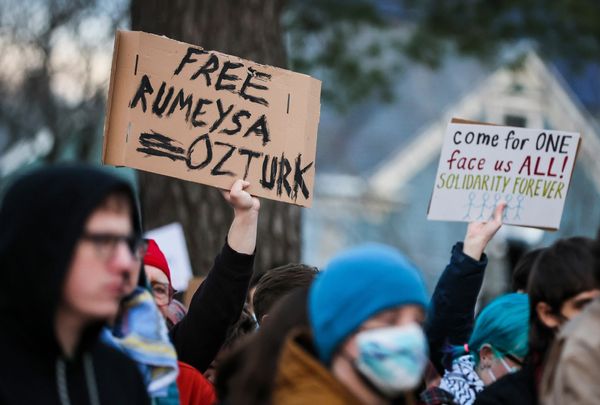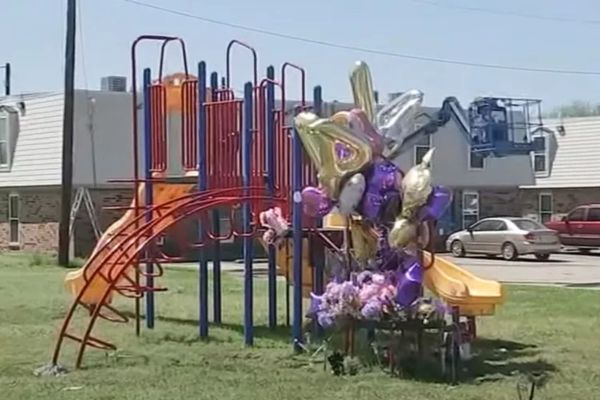
Support truly
independent journalism
When is it appropriate for a business to decline service to an individual with cognitive or developmental disabilities?
That's the question a mother in Abilene, Texas, and a local Honda dealership, are pondering after a situation arose involving her 27-year-old daughter, Hope, who has Down Syndrome.
On Tuesday, Angie Martin, Hope's mother, returned home to find that her daughter was missing from their home. Martin has full guardianship over her daughter, and was concerned that she may have been in danger, according to KTAB.
She was shocked and confused to learn that her daughter had been picked up and driven to a local Honda dealership by a sales associate.
After some questioning, Martin learned that her daughter had called the Honda dealership multiple times to tell them that she was interested in buying a car.
According to Martin, Hope expressed a desire to drive numerous times with her. Angie told KTAB that she had explained to Hope that it wasn't her decision whether or not she could drive, but the state's call.
“As you are as a mom, I was so angry that this had happened and that a strange man would have the audacity to come and take my daughter, who obviously is cognitively impaired, out of my home without my consent, let alone to do something so drastic,” she told the broadcaster.
Though Martin was initially upset at the salesman, she came to understand that he was in a difficult position. US law prevents employees of businesses from discriminating against individuals in protected classes, like those with disabilities.
Instead, Martin focused her frustration on the dealership's management. She says businesses should have protocols in place for dealing with such situations.
In this instance, Martin's desire to protect her daughter, and her rights as her guardian, ran contrary to her daughter's personal liberties.
“You and I have inhibitions and limits and when we start to stray outside of them, we’re aware of it. Hope doesn’t have those. I provide that externally for her … I’m always trying to thread that needle between her rights as a human being and her safety,” Martin told the broadcaster.
The president of All-Star Honda — the dealership that Hope visited — Nicholas Varela, spoke with KTAB about the incident, and said it was not unusual for sales associates to drive prospective buyers to the showroom.
"At All-Star Honda, we pride ourselves on our commitment to serving every customer with respect, dignity, and fairness — free of discrimination of any kind. Recently, an incident occurred that we feel it is important to address directly," he said in a statement.
He explained that the dealership is "prohibited by law to discriminate or refuse service to anyone based on their membership in a protected category, as outlined by the Americans with Disabilities Act."
Varela said that dealership management is discussing the matter internally and regrets "any harm this may have caused."
"We apologize for any concern this may have caused and appreciate the community’s understanding and support while we navigate this matter," he added.
The Independent has contacted Varela for comment.
He told KTAB that he was afraid that refusing to offer Hope the same services they offer other customers would have violated her civil liberties.
Martin had a positive view at the end of the tense situation, telling the broadcaster she thinks "that good will come of this."
Hope was eventually picked up by her family members a few hours after she arrived at the dealership.
Martin said she hopes the situation will help the community to "do better to do right by our people with additional needs."







